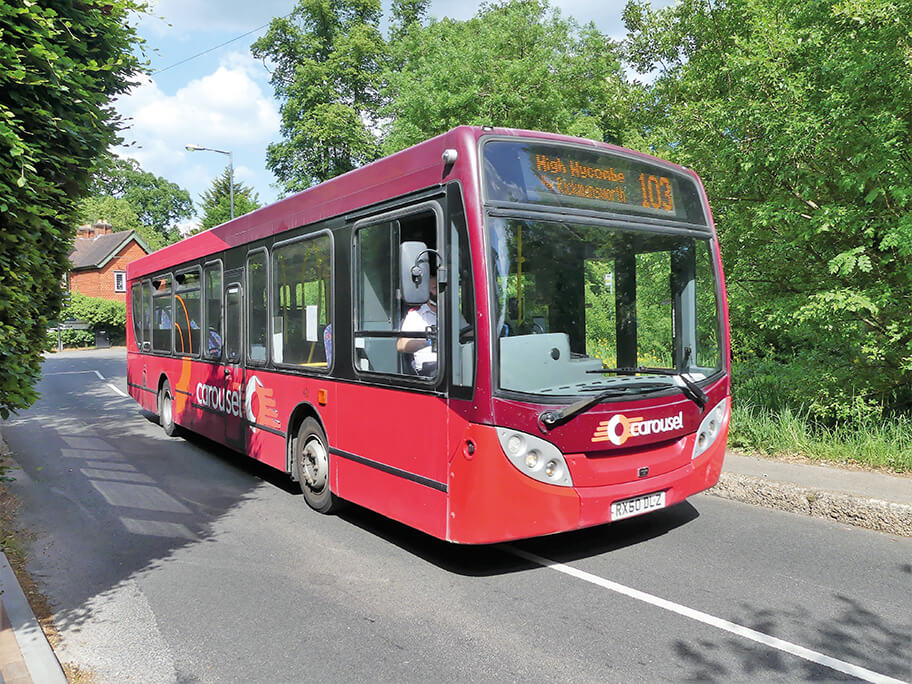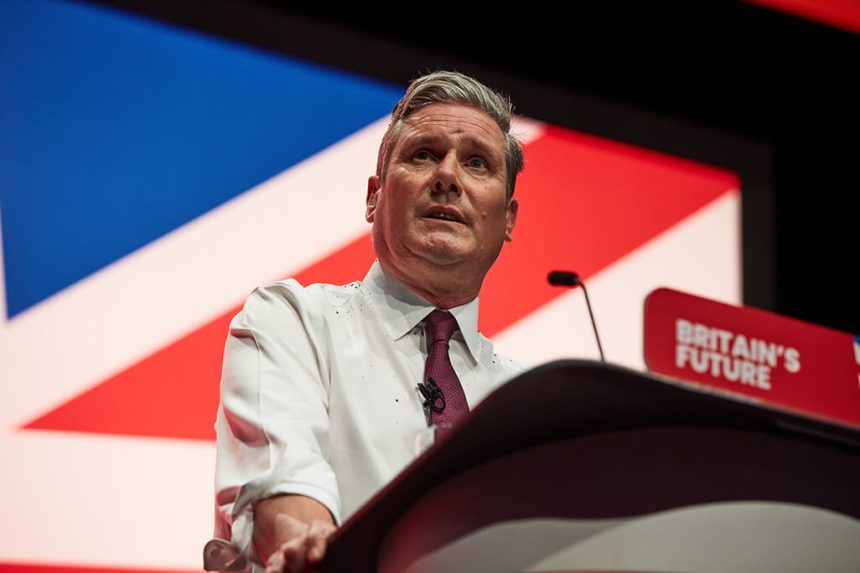For those who have little or no interest in politics – probably 99% of the population – 2024 could be a long year. Prime Minister Rishi Sunak has said the general election will be in the second half of the year, and most of the hot money is on an election in the autumn.
Of course, an earlier election is still possible and some political commentators believe that a spring election, perhaps coinciding with the local and mayoral elections on 2 May, remains under active consideration in Downing Street.
Either way, 2024 will be a year of non-stop political campaigning, and Labour leader Keir Starmer fired the starting gun with a new year speech which was high on political rhetoric but devoid of any policy content.
Labour will doubtless come under sustained pressure to set out its policies in more detail, but I suspect the electorate will be left wondering.
After all, it’s looking increasingly clear that the electorate has already made up its collective mind that it wants a change of government and Mr Starmer knows all too well that the more detail he puts on his policy agenda, the more likely he risks a slip-up.
Labour policies
As ever, transport will barely get a look-in as the political campaigning gathers pace. In any event, we already know what a Labour government’s policies for buses, and indeed rail, would be.
Further, in a new year message, Shadow Transport Secretary Louise Haigh reaffirmed her party’s intention to fix the UK’s “broken bus system” by ensuring that power is given back to local communities through the proposed Take Back Control Act.
However, before anybody gets too excited about Labour’s plans for bus, it’s important to highlight that neither Ms Haigh nor the Shadow Chancellor have given any indication that there will be extra money for the sector compared to the funding provided by the current government.
So, it’s far from clear how Labour would be able to “fix” the UK’s “broken bus system”.

Secondly, current legislation already allows local transport authorities to take control of bus services through franchising.
It may be that the Take Back Control legislation will make the franchising process easier, for example, by allowing all authorities rather than just those with elected mayors, to proceed down a franchising route without central government approval. And Labour will allow all authorities to set up municipal bus companies.
However, without extra funding, how does Labour expect transport authorities to afford a franchise system, or to be able to run their own bus companies? As we all know, local authorities are already under severe financial pressure.
Whoever ended up as the Transport Secretary under a Labour government would rapidly find this political rhetoric is meaningless, notwithstanding its good intentions, in the absence of lots of extra funding.
Meanwhile, eagle-eyed observers may have noticed that the Liberal Democrats spokesperson for Levelling Up, Helen Morgan, last month introduced a Private Members’ “Bus Services Bill” to ensure that all towns with a population over 10,000 have regular bus services which operate every day and serve local health services.
All very worthy, I’m sure, but why a town of, say, 7,000 or 9,000 should be deemed less worthy of having the legislative guarantee of a regular bus service is beyond me.
Still, being a Private Members’ Bill, it won’t receive Royal Assent and will presumably be blocked by the government through the usual parliamentary procedures to do so, even assuming the Bill is allocated any time for debate.
Elections aplenty on the way
So, prepare yourselves for a year of political campaigning. And it’s not just the general election to look forward to. There are two, possibly three, by-elections to be held at some point over the next few months aside from the local and mayoral elections.
By-elections are to be held in the Conservative seat of Wellingborough following the resignation of Peter Bone. With a majority of 18,540, this would normally be regarded as a safe seat but, based on recent by-election results, Labour could easily take this.
Chris Skidmore’s resignation over the government’s policies for oil and gas exploration in the North Sea has triggered a by-election for the Kingswood constituency, where the Conservatives have a majority of 11,220 – again, a seat that Labour will think it can win with comfort.
Without extra funding, how does Labour expect transport authorities to afford a franchise system?
Then we have the probability of Scott Benton, the Conservative MP for Blackpool South, facing a recall motion following his suspension from the Commons after being caught in an undercover sting by The Times relating to breaking lobbying rules. If the recall motion passes, thus triggering a by-election, Labour will certainly win this as the Conservative majority is just 3,690.
Based on recent by-election results, almost no Conservative seat is safe. But Labour has performed strongly in these by-elections because the Conservative vote has stayed at home rather than switched to Labour. If this “stay-at-home” Conservative vote returns to the fold in sufficient numbers then Mr Starmer may not secure the landslide victory the polls currently suggest.
Nonetheless, all the signs are he will enter Number 10 as Prime Minister with a healthy majority.
Labour would face expectations
However, Mr Starmer has a problem. Unlike Tony Blair in 1997, he won’t be inheriting a booming economy.
His promises of economic growth, of putting the NHS back on its feet with two million more appointments every year, more expert teachers in every classroom, safer streets with more police officers, and even a promise of a “total overhaul of how we approach the economy and government” may sound appealing in speeches high on rhetoric but low on detail.
The Labour leader will create a great deal of hope and expectation behind these generalised political aspirations. But if they aren’t delivered quickly, the electorate may become disillusioned.
For those who live in the Westminster bubble, 2024 has the potential to be a fascinating year. For the rest of the population, the prospect of nine or ten months of political campaigning is probably the stuff of nightmares.

























